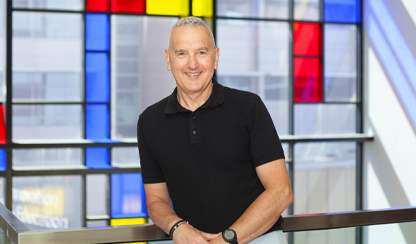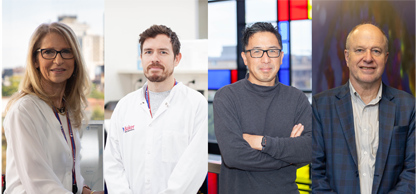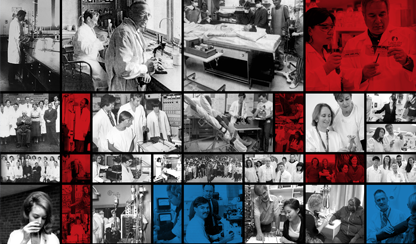26 November 2020
Institute news
 The Baker Institute will hold its annual educational symposium today and tomorrow (26–27 Nov) via an online interactive format which aims to share knowledge and build capacity, with a particular focus on rural and remote health in the Northern Territory.
The Baker Institute will hold its annual educational symposium today and tomorrow (26–27 Nov) via an online interactive format which aims to share knowledge and build capacity, with a particular focus on rural and remote health in the Northern Territory.
For the past eleven years, the Institute has provided a symposium that ensures health care professionals in rural and remote locations have access to the information produced by our experts, as well as local and interstate specialists. It also aims to ensure inclusion and dialogue with local healthcare providers, particularly those working with Aboriginal and Torres Strait Islander populations.
The free symposium, titled ‘Managing chronic disease in rural and remote communities’, will focus on chronic kidney disease, cardiovascular disease and diabetes.
Highlights of the symposium includes international speaker Associate Professor Eirik Saethre, an anthropologist from the University of Hawaii who has spent significant time with the Warlpiri community of central Australia to better understand how Aboriginal people view western health, and a ‘Kurrunpa Wanka’ (A good life on dialysis) session by staff from the renowned Purple House in Alice Springs. Other speakers include Australia’s first Aboriginal cardiologist, Associate Professor Luke Burchill. The Aboriginal & Torres Strait Islander Cardiovascular Health Cardiologist and Adult Congenital Heart Disease Specialist is from the University of Melbourne and Department of Medicine at the Royal Melbourne Hospital.
Baker Institute Director, Professor Tom Marwick says the free symposium forms part of the Institute’s commitment to playing a leading role in chronic disease education, research and advocacy in Central Australia (where we have a research facility), and nationally.
Professor Marwick says the Baker Institute, which has been working in Aboriginal Health for more than 13 years, is committed to helping address the profound disadvantage experienced by Aboriginal people through scientific research that is rigorous, culturally appropriate and ethically sound.





